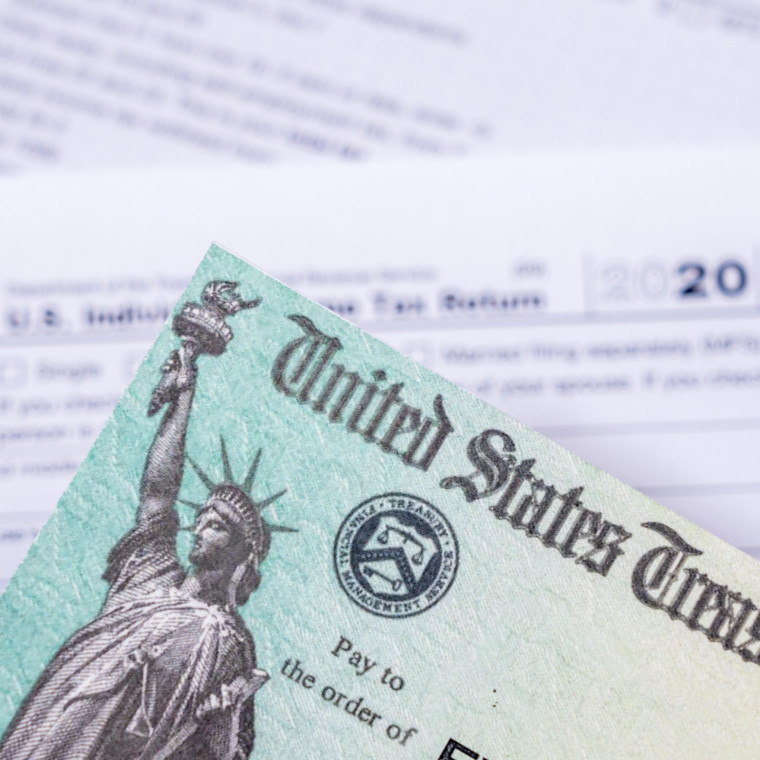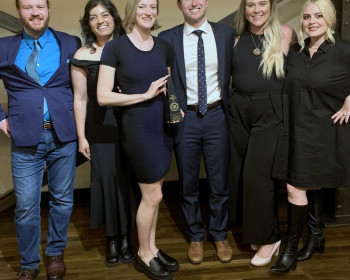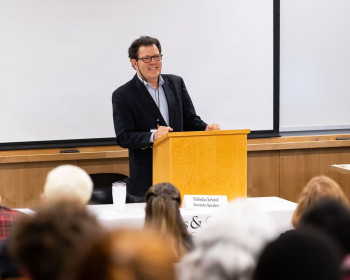Clinic Students Assist in Stimulus Payment Equity
Many incarcerated individuals did not receive their benefit. Students at the Low Income Taxpayer Clinic helped to resolve the issue.
Open gallery

Lewis & Clark Law students at the Low Income Taxpayers Clinic (LITC) are providing assistance to incarcerated individuals who never received stimulus payments—a program running since the summer of 2020.
Jordan Hartman ’22, who handled the bulk of intakes and representation for a majority of his time at the clinic, shared how it began. “Professor Aliza Kaplan, who directs the Criminal Justice Reform Clinic, first referred an incarcerated individual to us. After assisting that individual in retrieving his stimulus checks, word of mouth about our service spread throughout several correctional facilities in Oregon.”
That word of mouth sharing first led to an initial trickle of requests that later became a flood. The LITC requirements of communicating solely via written letters, as well as the measured speed of IRS interactions slowed the process, but the cases proved successful.
“Incarcerated individuals are some of the most underserved communities in the state,” Hartman explained. “As word of our success spread, the intake requests started flooding in.” The program has proved so popular that the cases are now delegated broadly between the LITC students, who assist the incarcerated individuals solely in the tax matter of retrieving stimulus payments.
To date, the LITC has helped around 60 clients recover approximately $20,000.00. As the latest Statute of Limitations on these claims runs into 2025, the LITC will continue to help until the demand is no longer there or claims are no longer viable. As for Hartman, the experience was rewarding and convinced him to pursue a career in tax law; he plans to work for a few years and then obtain a master’s degree in taxation.
Law Communications is located in room 304 of Legal Research Center (LRC) on the law Campus.
MSC: 51
email jasbury@lclark.edu
voice 503-768-6605
Cell: 626-676-7923
Assistant Dean,
Communications and External Relations, Law School
Judy Asbury
Law Communications
Lewis & Clark Law School
10101 S. Terwilliger Boulevard MSC 51
Portland OR 97219

